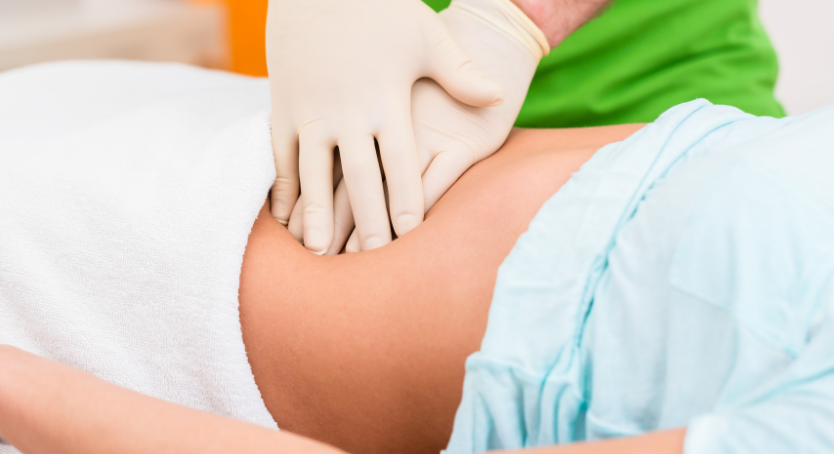
Why is Colon Screening Important?

Colorectal cancer is the most common cancer in Singapore

The most common cancer in men and the 2nd most common cancer in women

Early diagnosis improves likelihood of a cure

Prevents cancer as polyps (pre-cancerous) are removed during colonoscopy
Colon screening is crucial for early detection, prevention, reducing mortality, and improving the overall quality of life for individuals at risk of colorectal cancer. It is a vital component of preventive healthcare and can save lives.
What is colorectal cancer?
Colorectal cancer is also known as colon cancer, which occurs due to uncontrolled cell growth in the colon or rectum.
Symptoms of colon cancer to look out for
- Blood in the stool
- Unexplained weight loss
- Change in bowel habits (constipation or loose stools)
- Bloating and feeling of fullness
- Stools that are narrower than normal
- Nausea and vomiting
- Abdominal pain
Detection and screening for colon cancer
Colonoscopy
An outpatient procedure called a colonoscopy is used to view the inside of the colon and rectum. It is usually done under sedation with little or no discomfort. It is used to evaluate gastrointestinal symptoms such as abdominal pain, changes in bowel habits, or bleeding. You should go for a colonoscopy if you are 50 years old and above, show symptoms of colorectal cancer, or have a family history of colorectal cancer or polyps.
Why Choose Us?
The Centre for Screening and Surgery (CSS) specialises in the screening and detection of cancer in its early stages. In the case of colon and other gastrointestinal cancers, we use high-definition gastroscopy and colonoscopy to diagnose cancers or remove polyps, in addition to blood tests for tumour markers. When surgery is needed, we specialise in the minimally invasive approach, including robotic surgery, leading to less pain, a shorter recovery, and better cosmetic results.
Dr. Kum has performed hundreds of colonoscopy for the past 33 years with no significant complications.
FAQ
Unfortunately, colon cancer is becoming more common in Singapore and around the world. You are at higher risk of developing colon cancer if you are overweight, a smoker, drink alcohol regularly, consume a high-fat diet, or don’t exercise at all. People with Type 2 diabetes also have a higher risk.
Colon cancer is highly treatable through surgery in its early stages. It becomes harder to treat when the cancer has spread. Colorectal cancer almost always develops from a precancerous growth, known as a polyp, in the colon or rectum. A colonoscopy is helpful in detecting these growths and removing them at the same time.
You are required to empty your bowels before the procedure. You will be given a solution to consume the day before your colonoscopy. Be sure that you are close to a bathroom for a few hours once you feel the medication taking effect.
To minimise discomfort from a colonoscopy, avoid fruits and vegetables, red meat, and brown rice for 3 days prior to the procedure. It is recommended that you should only consume clear liquids and a soft diet 1 day before the procedure. You may be asked to stop certain types of medications while preparing for the scope.
You will be asked to change into a hospital gown for the procedure. You will then be put under IV sedation and remain asleep during the procedure for your comfort. A long flexible tube called a colonoscope is inserted into the rectum. The tiny video camera at the end is used to detect polyps or other types of abnormal tissue, which can be removed through the scope in the same procedure. Your colon is inflated with air to give your doctor a clearer view of the colon lining. The procedure usually takes about 20 to 30 minutes.
You will be deeply asleep and won’t feel any pain during the procedure. However, some people experience mild stomach cramping for a day or two after the procedure. They may also experience temporary constipation or diarrhoea. Severe pain or bleeding is extremely rare and indicates a medical emergency. If you experience bleeding, pain, fever, weakness, confusion, or dizziness, seek immediate medical attention.
Most patients rest for about an hour after the surgery is finished for the effects of the anaesthesia wears off. If possible, have an adult to accompany you after your procedure and avoid driving for the next 24 hours. You should be able to return to normal activities 24 hours after your procedure.

